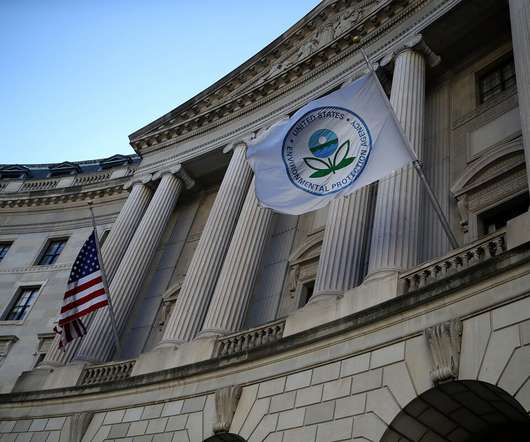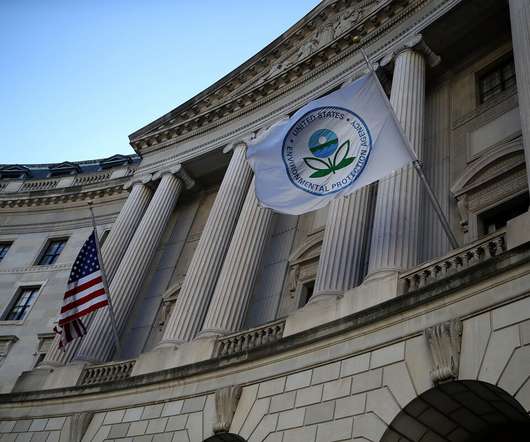General Motors plans to be carbon-neutral by 2040; eliminate LDV tailpipe emissions by 2035
Green Car Congress
JANUARY 29, 2021
GM’s focus will be offering zero-emissions vehicles across a range of price points and working with all stakeholders, including EDF, to build out the necessary charging infrastructure and promote consumer acceptance while maintaining high quality jobs, which will all be needed to meet these ambitious goals. Supply Chain and Infrastructure.











Let's personalize your content